
In the realm of autism therapy, one approach stands out for its proven effectiveness and tailored support – Applied Behavior Analysis (ABA). This evidence-based intervention has transformed the lives of countless children on the autism spectrum, equipping them with essential skill sets and enhancing their overall quality of life.
A key facet of ABA therapy, regarded as a gold standard in the treatment of autism, is parent training, an approach that aims to involve parents as active participants in their child’s treatment plan.
Parent training plays a pivotal role in facilitating a successful ABA program. In addition to helping parents learn how to implement behavioral strategies as well as techniques beyond the therapy environment, the approach also enables them to acquire the knowledge required to nurture a stable and positive environment.
And on that note, let’s uncover the significance of parent training and its profound impact on shaping young lives on the autism spectrum:
Enhanced Consistency
ABA therapy aims to teach new skills and behaviors while reducing challenging behaviors. When parents are trained in ABA techniques, they can consistently apply these strategies in various settings, promoting the application of skills beyond the therapy sessions. This also helps children with ASD implement their learned skills in real-life scenarios, making the overall progress more meaningful and pertinent to everyday situations.
Family-Centered Approach
Autism impacts the whole family, and not just the individual with the diagnosis. And since parent training is rooted in a family-centric approach, it empowers parents to actively participate in their child’s course of treatment and be an integral part of their overall growth and development. Moreover, this close-knit involvement can significantly enhance family cohesion, reduce stress, and increase the emotional resilience of both parents as well as the child.
Increased Intervention Hours
ABA therapy typically occurs for a limited number of hours each week, which may not be sufficient for significant progress. However, when parents are trained in the process, they can incorporate intervention techniques into the child’s daily routine, effectively increasing the total intervention hours. This extended practice can also help accelerate skill development and behavior improvement, thus providing the child with holistic development opportunities.
Individualized Support
Since parents are well-versed in their child’s behavior patterns and preferences, training in ABA techniques can help parents personalize interventions to their child’s unique needs and preferences.
This individualized approach not only leads to more effective and meaningful outcomes, but also helps the child feel more at ease and comfortable. Moreover, as challenging behaviors are common in children with autism, parents equipped with ABA techniques can effectively manage and reduce these behaviors and, in turn, create a more conducive environment for learning and social interactions.
Long-Term Sustainability
ABA therapy is highly effective when its principles are integrated into the child’s daily life consistently and over the long term. By providing parents with the skills and knowledge needed to implement ABA strategies, the benefits of therapy can continue well beyond the duration of formal therapy sessions, offer long-term sustainability, and make a significant difference in their daily lives.
Skill Generalization
Children with autism often struggle with generalizing skills from one context to another. In such cases, parent training enables parents to teach and reinforce skills across various situations, environments, and people, subsequently increasing the child’s ability to use these skill sets in diverse settings. For example, with ABA therapy often focusing on language and communication skills, parent training can teach parents how to use communication-enhancing strategies, such as prompting, modeling, and shaping, to support their child’s language development consistently and across different settings.
Cost-Effectiveness
According to a 2022 study, individuals with autism spectrum disorder (ASD) are more likely to utilize healthcare resources compared to their counterparts without disabilities, which incurs higher medical costs to families as well as medical systems. In this regard, parent training can lead to more cost-effective therapy; instead of relying solely on therapists for every intervention, parents can take an active role in teaching and supporting their child, reducing the need for constant professional supervision and subsequently making the process more affordable.
Parent training in ABA therapy for children with autism is crucial for fostering skill development, behavior improvement, family cohesion, and long-term progress. Learning and implementing ABA techniques can also empower parents to feel more confident in their ability to support their child’s development. This, in turn, positively impacts the parent-child relationship and the overall family dynamic, and also creates a supportive environment for the child’s growth and development.
At Early Autism Services (EAS), we’ve walked hand in hand with countless families on the extraordinary journey of parent training. We understand that every step matters; that’s why, we aim to provide regular parent training sessions that go beyond the ordinary, conducted by our highly experienced board-certified behavior analysts and therapists.
We believe that parent training is more about impactful insights and observations that empower your child to reach their full potential, rather than just focusing on surface-level problems. Early Autism Services’ proven track record in parent training, coupled with personalized sessions and hands-on observations, sets us apart as your dedicated partners.
Because your child’s progress is our shared purpose, together, we can make the extraordinary happen.
So, if you’re ready to join forces with us and embark on the transformative journey of ABA parent training, get in touch with us, and let’s get talking right away!



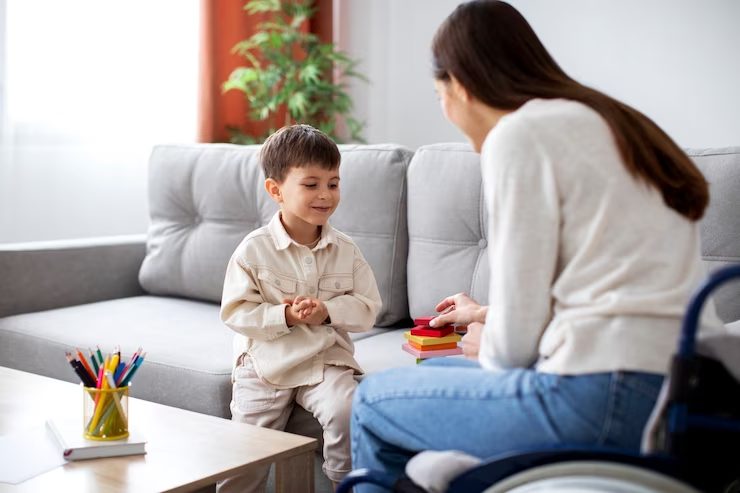


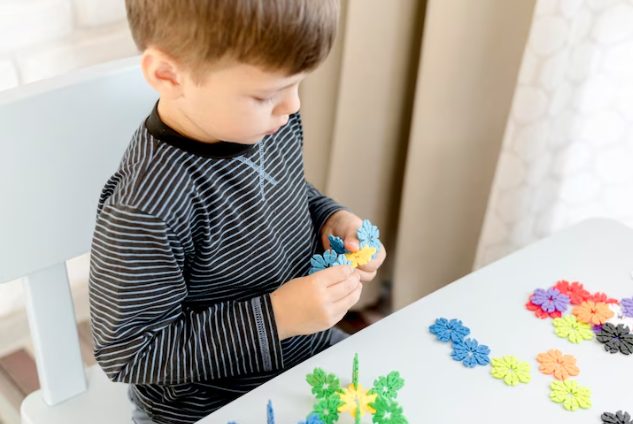
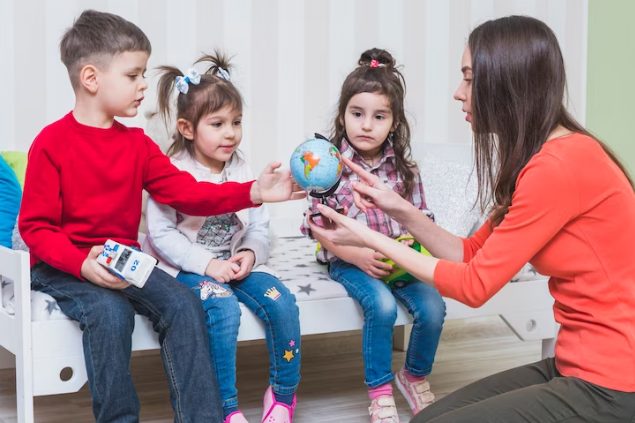

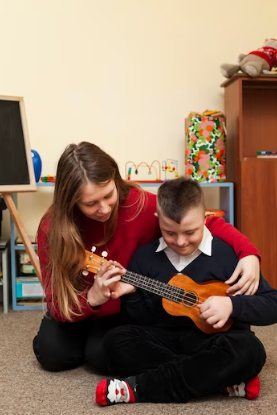
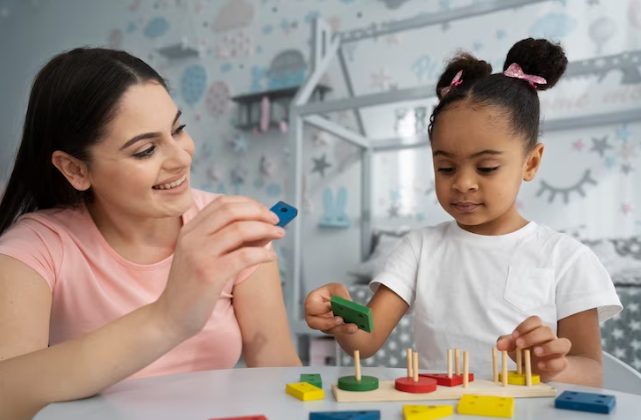



Recent Comments